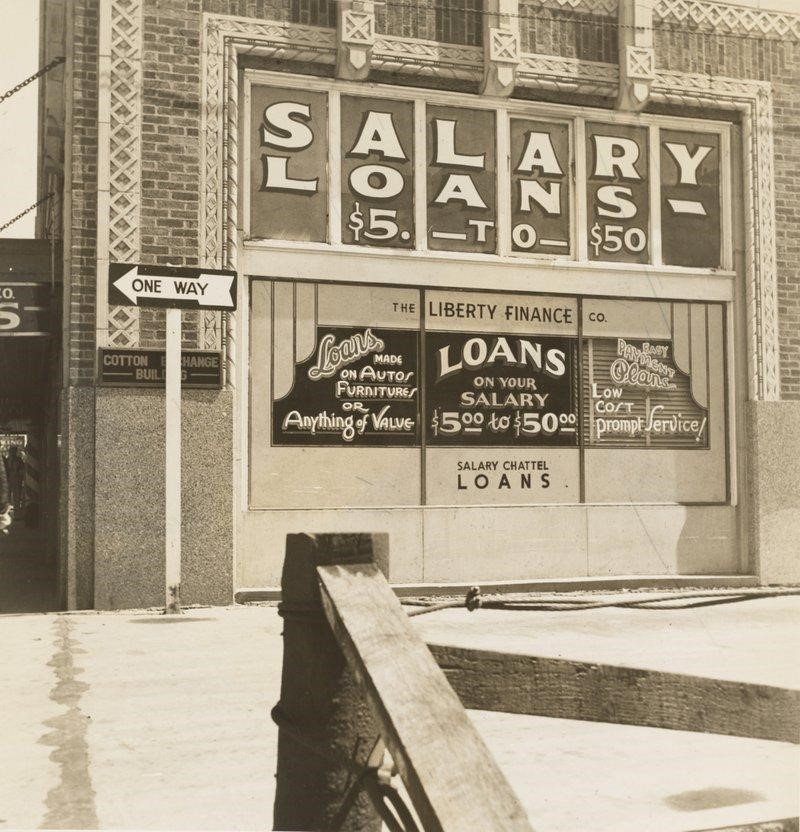Private Money Loan Primetime
Real estate markets rise and fall. Different factors affect prices – from schools in the area to good transport links, to the overall economy. It seems that mortgages and loans are increasingly hard to get when dealing with traditional lenders. As with any market, it evolves. In this case, it has meant it’s primetime for private money loans, otherwise known as a hard money loan.
With one in every 370 homes in the U.S. filing for foreclosure in the first six months of last year, there is space for people to pick up bargains. It also means smaller real estate investors can start investing. This has created a situation where private money loans are king. Traditional lenders aren’t lending as much as they used to; their terms are becoming ever more stringent. Private money lenders are becoming more recognized and reputable and more people want to know how it works. It is prime time for private money loans.
What is a Private Money Loan?
A private money loan is a primetime loan that is usually made based on the value of the property. In this way, it is different from normal loans from banks and lending companies, as it isn’t based on the credit of the person buying the property. The property itself is used as collateral for the loan.
Private money loans have much shorter terms than traditional loans too and interest rates are higher. Most terms are between one and three years. Private money loans are risky – they should only be taken if the person has knowledge of the market in the area and more particularly the value of the property they are buying.
The main reason for getting a private money loan is to buy and flip a house. This way, both the lender and the buyer can make a profit. The buyer can get a bargain with homes that have been foreclosed on, or through a short sale. They carry out the work needed on the home and put it back on the market for a higher price, thus making them able to pay off the private money loan and hopefully take home some profit.
Why is it Primetime for Private Money Loans?
Private money loans can be used for any kind of short term financing. They are a great option when you don’t qualify for a normal loan and if you have equity in your property. If you can foresee a way out of your financial bind in the short term, then it can be a primetime to get money quickly.
Managing Director of Connecticut-based lender RCN Capital, Jeffrey Tesch, says that “business is better than ever” in the workforce housing segment. More homes are now being bought up and flipped. He said that he expects his firm to loan around $500 million for real estate deals 2019.
Another reason why the private loan sector is booming is that companies want to diversify. They have assets but they don’t have hard cash. When they see an opportunity they want to jump on it quickly. Private money lenders don’t require borrowers to go through a lengthy process to apply, so the money can be received quicker, which is a serious advantage in a fast-moving world.
Private money lenders aren’t bound by the same regulations as banks and other traditional lending institutions. They draw up their own terms and the customer either agrees or goes elsewhere. This means that they can pour their money into investments that they believe in, and make a nice profit in the meantime.
Should I Get a Private Money Loan?
If you need an injection of cash for your business, then a private money loan may be a good option. If you have spotted a property but you can’t fulfill traditional requirements, you could take advantage of a private money lender.
Most private money lenders won’t take on an investment that they don’t have faith in, even with the high-interest rates. Reputable private money lenders want to build relationships that are beneficial to both parties.
Resources:











